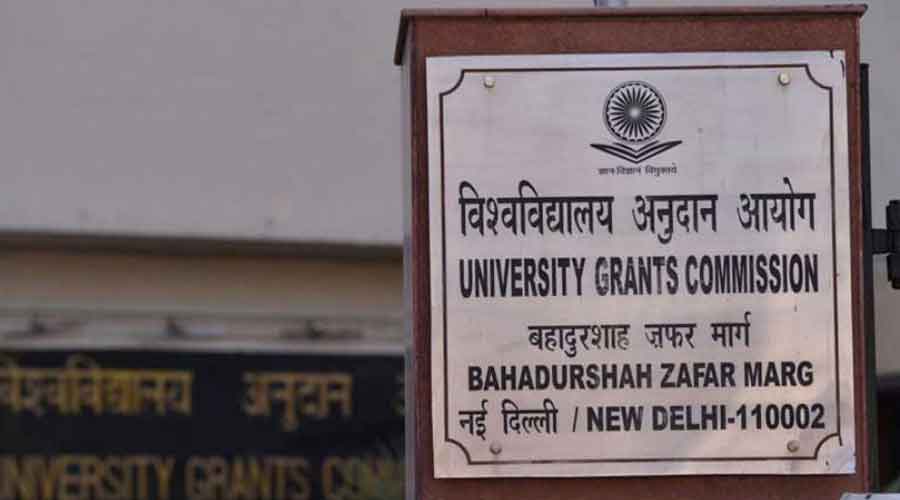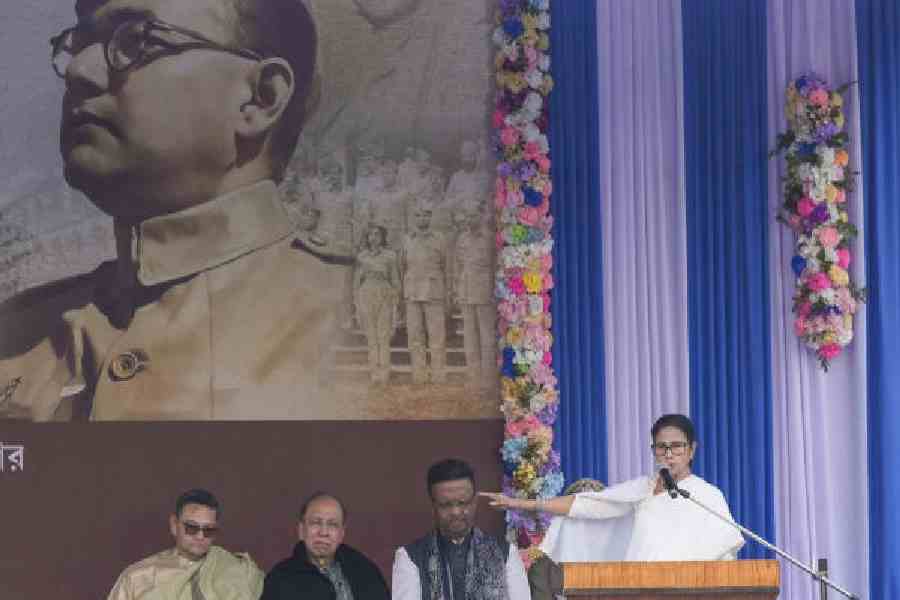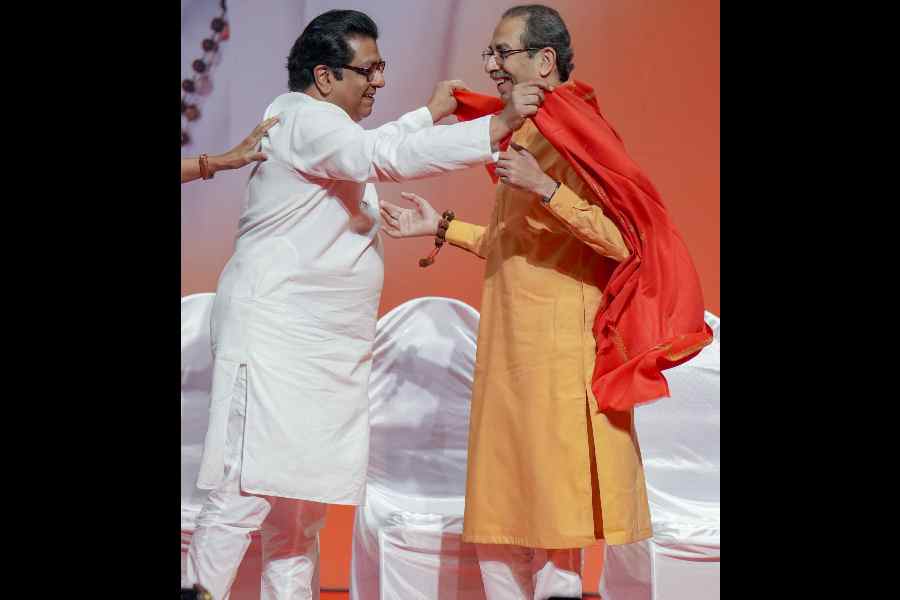New rules notified by the University Grants Commission on redress of grievances of students have kicked up a row as issues of caste-based discrimination have been clubbed with general complaints.
Educationists said the UGC (Redressal of Grievances of Students) Regulations, 2023, was a dilution of the rules that were already in place to deal with discrimination of students on the basis of caste.
According to the regulations, every higher educational institution will have to set up a Students’ Grievance Redressal Committee (SGRC) headed by a person of the rank of professor. Other than the chairperson,four faculty members and a students’ representative will be part of the committee. Each committee will have one SC, ST or OBC member and one woman member.
Students can lodge grievances related to irregularities in the admission process, false information in the prospectus, withholding or refusal to return certificates or denial to refund fees in case the student withdraws after admission, delay in conduct of exams and declaration of results, and demand for capitation fees.
The SGRC has also been given the responsibility to address grievances related to discrimination of students on the basis of caste and violations in the implementation of reservation.
Now, the higher educational institutions are supposed to implement the UGC (Promotion of Equity in Higher Educational Institutions) Regulations of 2012 for checking caste-based discrimination. According to the 2012 regulations, every higher educational institution must have an Equal Opportunity Cell (EOC) headed by an anti-discrimination officer, who should be a professor, to address the complaints of discrimination against SCs, STs, OBCs and minority students.
Moreover, the government guidelines want every public-funded institution to set up an SC-ST Cell to monitor the implementation of reservation in admission and appointments.
It is not clear what will happen to these regulations once the SGRCs are set up.
Prof. N. Sukumar, a faculty of political science at Delhi University, said caste-based discrimination cannot be clubbed with general grievances.
“There is a need for separate rules and mechanisms to deal with caste-based discrimination. The existing mechanism of appointing an anti-discrimination officer and setting up SC-ST cells is not being implemented properly by higher educational institutions. The UGC must revisit its rules and regulations, improve them, make them binding on institutions and review the steps they take to prevent caste-based discrimination,” he said.
Former UGC chairman Sukhadeo Thorat, during whose period the EOC regulations were issued, said the new rules would create unnecessary confusion since the Commission already had rules in place to check discrimination.“These rules seek to dilute the existing norms,” Thorat said.
Any student aggrieved by the decision of the SGRS can appeal to the ombudsperson, who is a retired vice-chancellor or a retired professor or a former district judge. The ombudsperson is to pass an order within 30 days.
Non-compliance with the regulations may lead to withdrawal of affiliation or grants, the regulations said.
The new regulations also say that every higher educational institution will have to publish and upload on its website a prospectus containing information like the process of selection of candidates for admission, each component of the fee, infrastructure, details of the teaching faculty including their educational qualifications and the type of appointment (regular or visiting).










